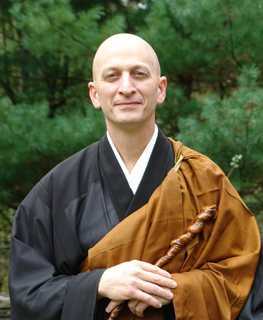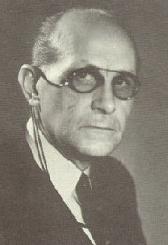A Quote by Johann Wolfgang von Goethe
War is in truth a disease in which the juices that serve health and maintenance are used for the sole purpose of nourishing something foreign, something at odds with nature.
Related Quotes
The first casualty in any war is the truth. In World War II, I was part of a group of people who used to meet once a week with the sole purpose of analyzing the news and trying to work out what we weren't being told. We thought that we were clever, but we had absolutely no idea what was really going on. It was only years later that we learned the true story.
Illness is something out of balance, rather than something within balance. It's been something that is created and it's been created for a purpose and a reason, and that purpose or reason may not be obvious to the person that has the disease. Nevertheless, there is something going on and it's not always easy to find that out.
The word "truth" itself ceases to have its old meaning. It describes no longer something to be found, with the individual conscience as the sole arbiter of whether in any particular instance the evidence (or the standing of those proclaiming it) warrants a belief; it becomes something to be laid down by authority, something which has to believed in the interest of unity of the organized effort and which may have to be altered as the exigencies of this organized effort require it.
There is a certain jargon, which, in French, I should call un Persiflage d'Affaires, that a foreign Minister ought to be perfectlymaster of, and may be used very advantageously at great entertainments, in mixed companies, and in all occasions where he must speak, and should say nothing. Well turned and well spoken, it seems to mean something, though in truth it means nothing. It is a kind of political badinage, which prevents or removes a thousand difficulties, to which a foreign Minister is exposed in mixed conversations.
If life is to be fully human it must serve some end which seems, in some sense, outside human life, some end which is impersonal and above mankind, such as God or truth or beauty. Those who best promote life do not have life for their purpose. They aim rather at what seems like a gradual incarnation, a bringing into our human existence of something eternal, something that appears to imagination to live in a heaven remote from strife and failure and the devouring jaws of Time.
In the biblical worldview, the purpose of all creation is to benefit man. This anthropocentric view of nature, and indeed of the whole universe, is completely at odds with the current secular idealization of nature. This secular view posits that nature has its own intrinsic meaning and purpose, independent of man.
As has been stated, the purpose of money is to split barter into two parts so that the seller is free to find his source of supply later and elsewhere. This is the sole purpose of money. Any effort to use money to serve another purpose is perversive; and this statement condemns the entire managed money philosophy.






































